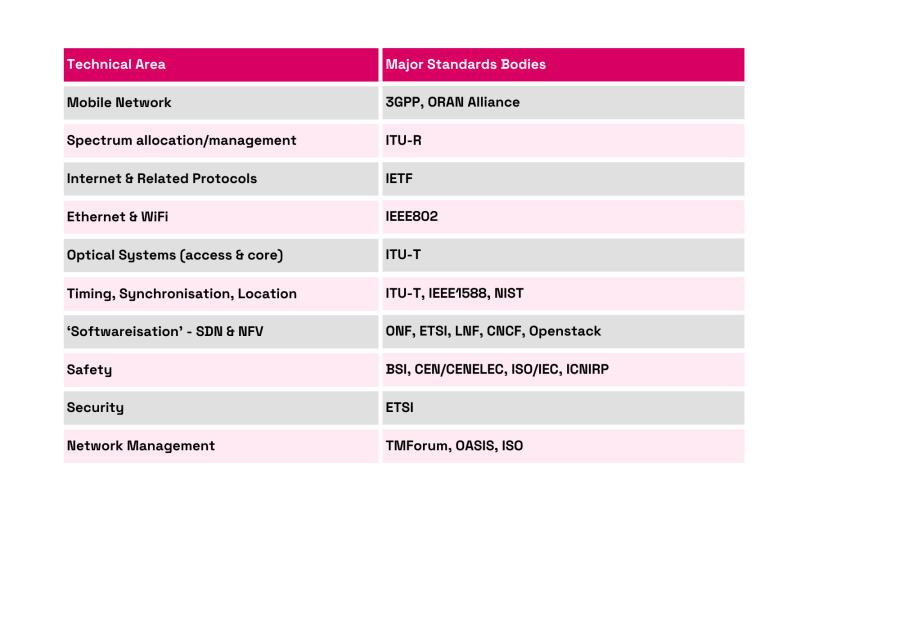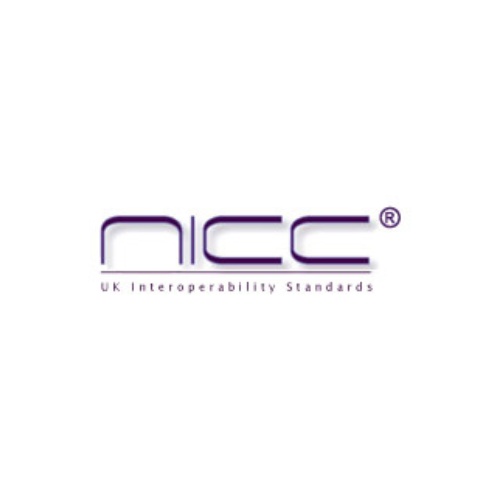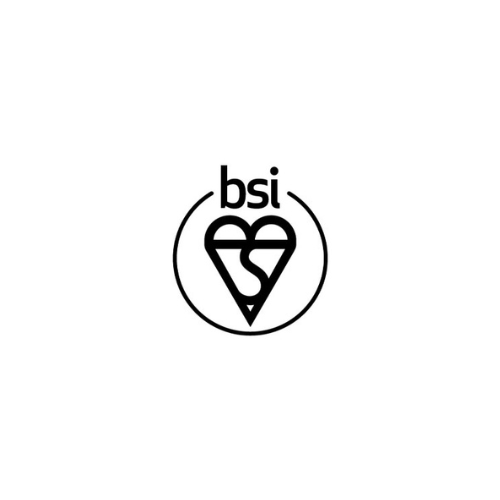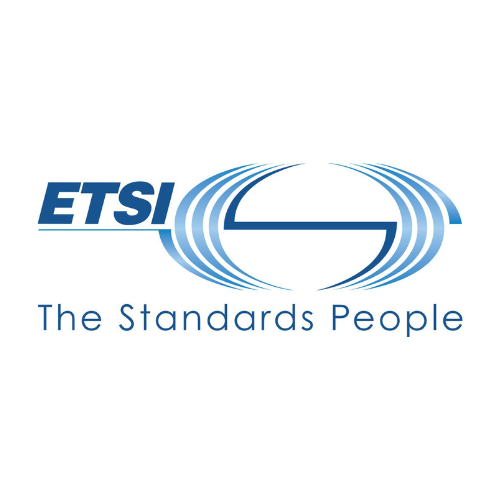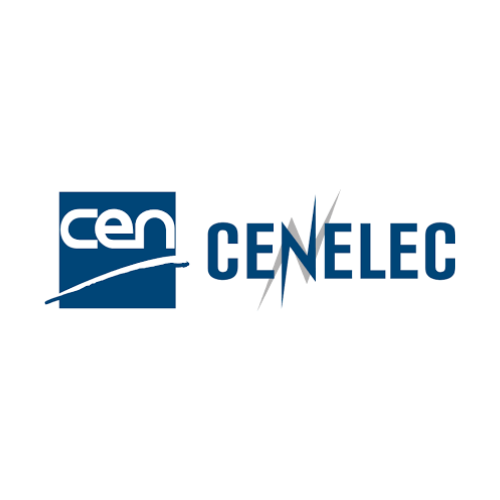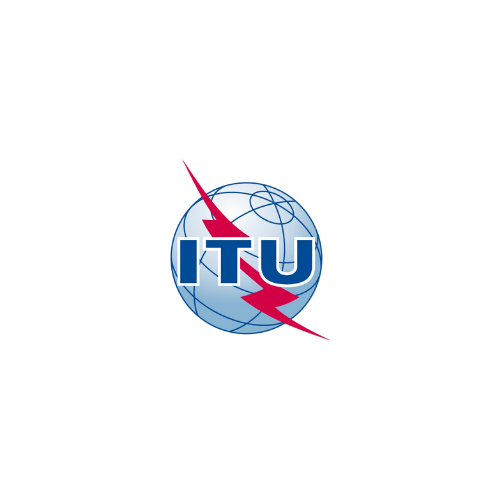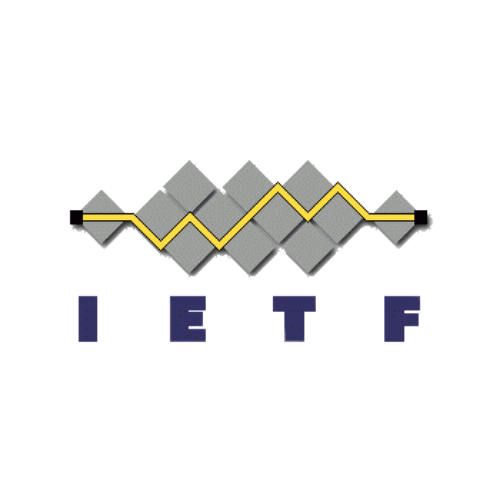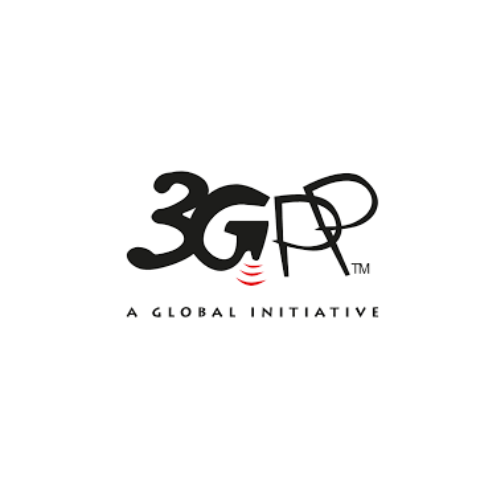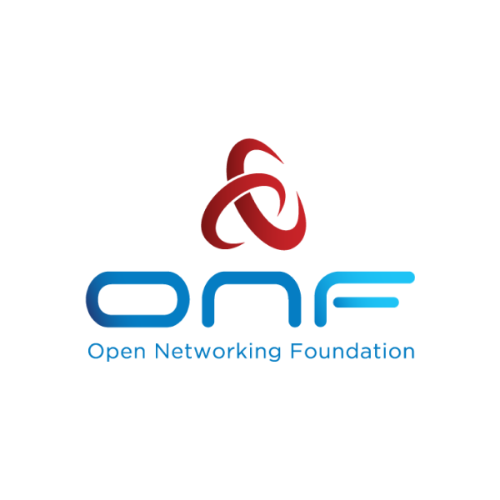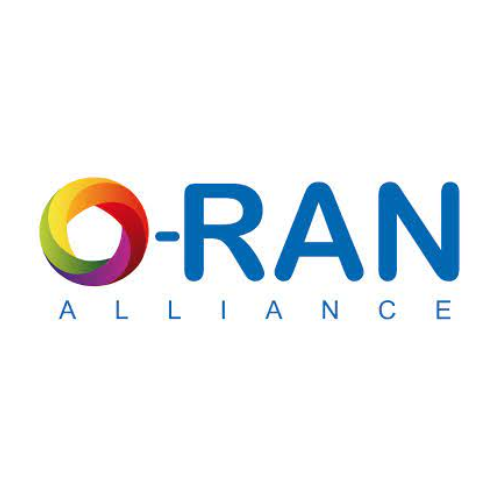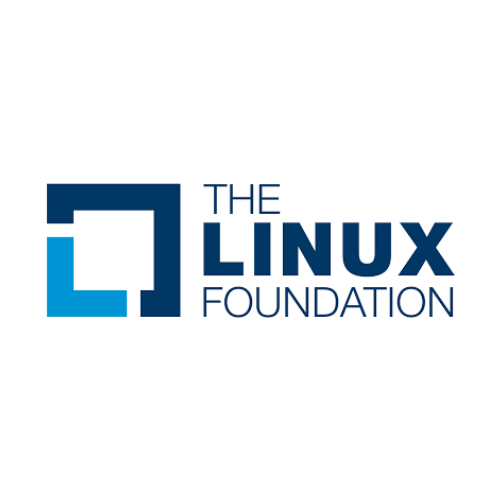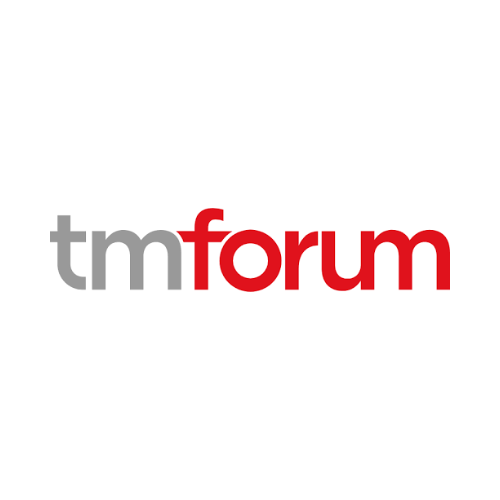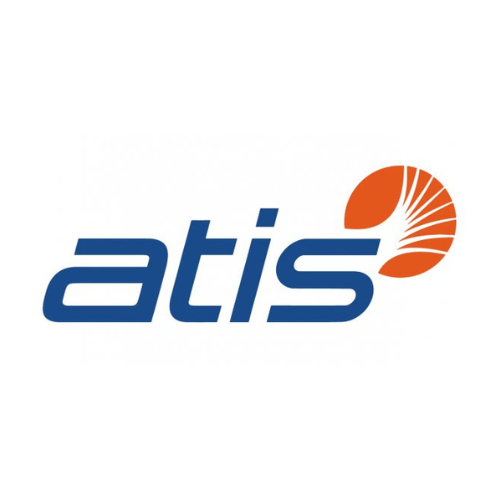Standards bodies come in many shapes and sizes. Where standards are tied to legal requirements, the standards body will be tied to a legal jurisdiction, normally a nation state, or in the case of European Law, the EU. However, where standards are outside any immediate legislation, most activity in telecoms is global in nature and all the main standards bodies are international .
Different bodies are important in different technical areas. The global telecoms ecosystem of today, and as it is evolving into the future, has drawn together technologies from different sources. Standardisation has arisen separately in different technical areas. The diversity is often an accident of history, however, some organisations have resulted from more specific geo-political considerations, for example 3GPP.

